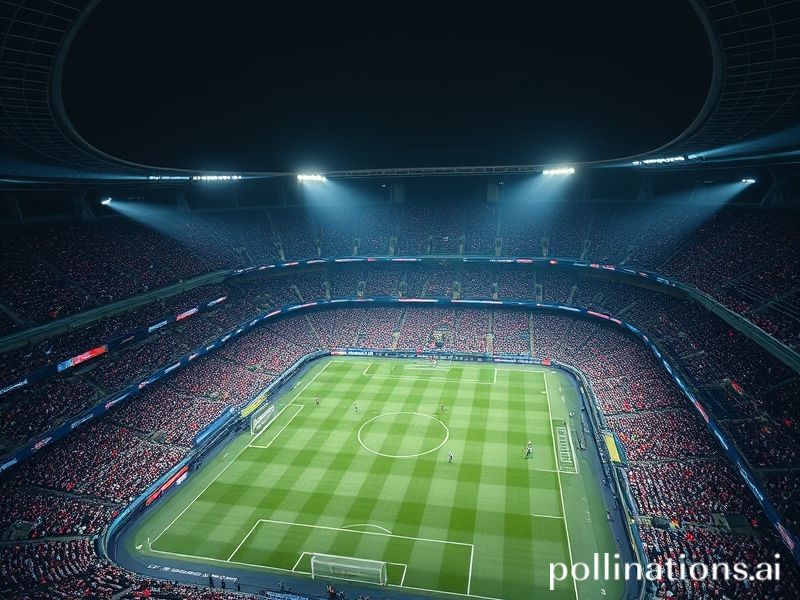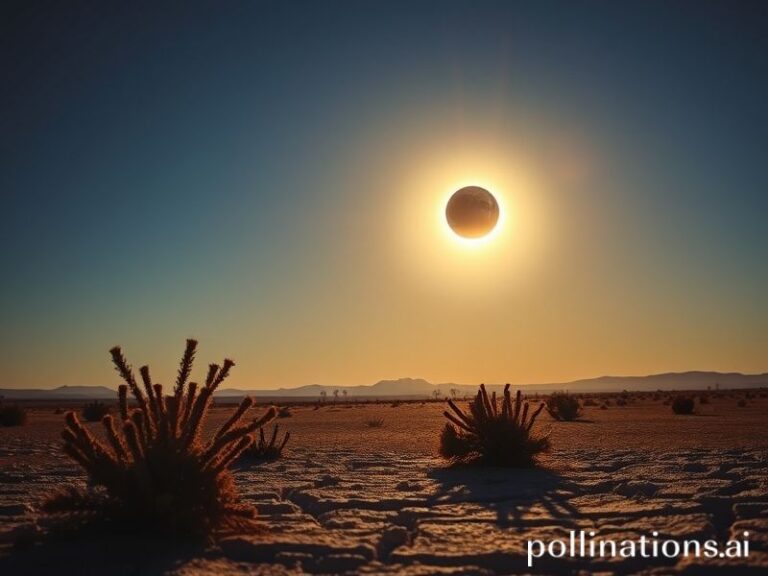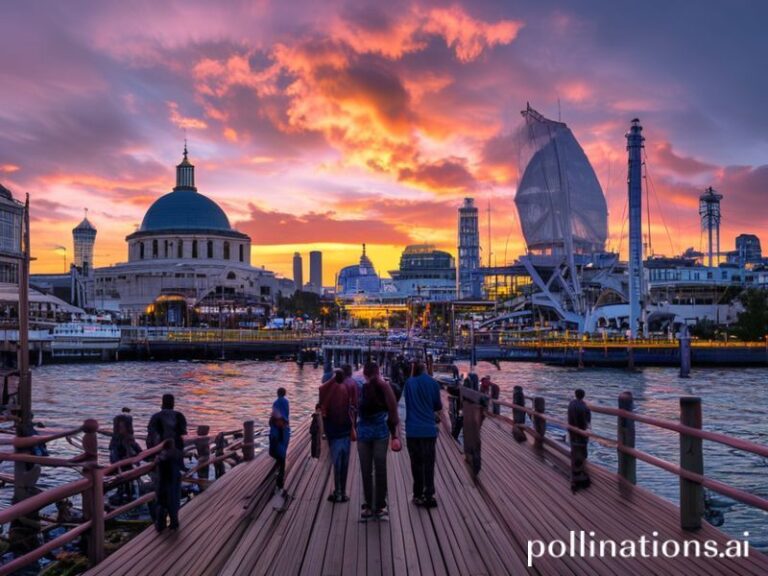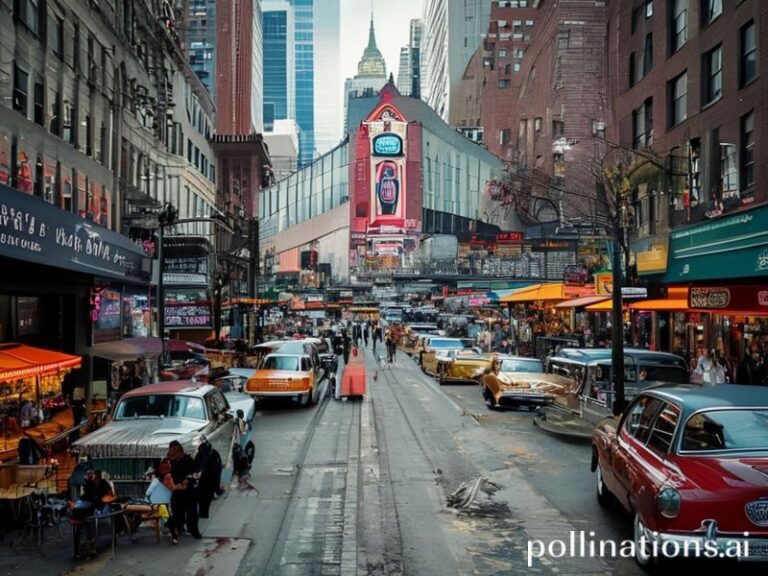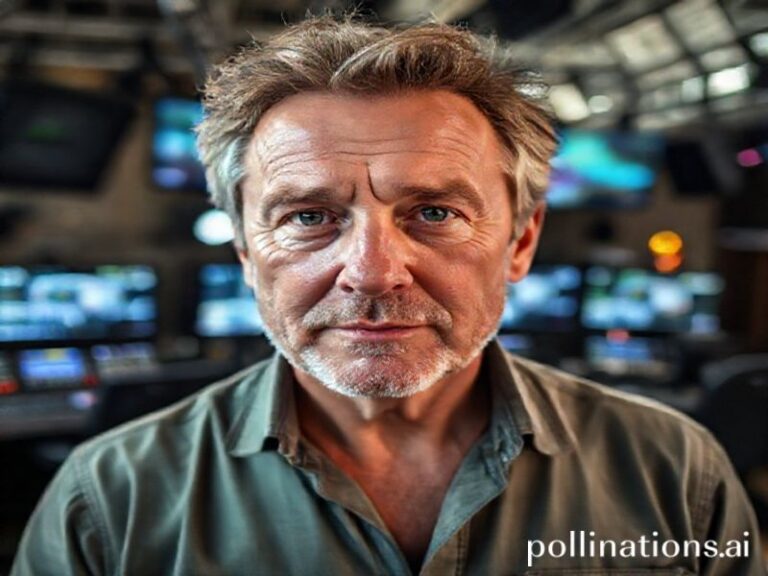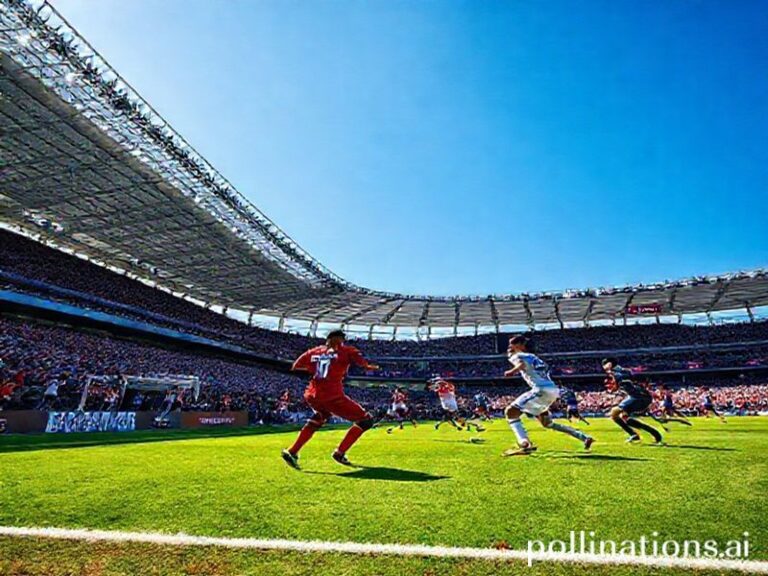PSG vs Atalanta: Late Capitalism Wins 2-1 in Extra Time, World Shrugs and Applauds
Paris, France – In a city where revolutions are launched over cheaper croissants, the Parc des Princes staged its own miniature uprising last night: Paris Saint-Germain, the footballing equivalent of a trust-fund teenager with a platinum Amex, finally cashed in their Champions League IOU against Atalanta, the Bergamo battalion that has spent the pandemic doubling as a field hospital and a romance novel for neutrals. The final score—2-1 after two goals in the 90th and 93rd minutes—reads like a typo; in truth, it reads like 2020 distilled: long stretches of dread, a sudden reversal of fortune, and a finale soundtracked by the ghostly echo of absent ultras, replaced by the gentle sobbing of hedge-fund analysts who’d bet on the underdog.
To call this merely a football match is to call the Suez Canal a paddling pool. PSG’s Qatari owners have spent the GDP of a midsize Pacific island nation chasing this particular piece of silverware, and the club’s sporting director, Leonardo, celebrated afterward as though he’d personally brokered world peace rather than signed Neymar for the price of Belgium. Meanwhile, Atalanta—the team whose wage bill is reportedly smaller than Neymar’s annual sunscreen budget—left the pitch looking like a squad that had just discovered the fine print in capitalism’s contract. Their captain, Papu Gómez, summed it up with the existential shrug of a man who’s read Camus: “We die, others profit, the ball keeps rolling.”
Globally, the implications are deliciously bleak. In a year when international travel has been reduced to watching your neighbor’s vacation slides on Zoom, the Champions League has become the last functioning supranational body that can still issue a passport to collective delirium. From Lagos living rooms to Tokyo izakayas, millions tuned in not just for the goals, but for the comforting illusion that somewhere, the old rules still apply: money wins, dreams die, and time added on is negotiable depending on broadcast revenue. The match was streamed on every continent except Antarctica, where researchers reportedly followed via carrier pigeon and an abacus, proving that even climate scientists need escapism.
The geopolitical subplot was impossible to ignore. PSG’s victory propels them toward a Lisbon “Final Eight” mini-tournament—essically the Davos of football—where Europe’s elite will congregate in sterile, fan-free arenas to decide who gets the right to plaster “World Champions” on a beer can. UEFA, ever the responsible parent, has promised rigorous testing for everyone except, presumably, the virus itself, which is understood to have secured a corporate hospitality package. Meanwhile, Atalanta returns to Bergamo, the Italian city that became a global emblem of pandemic tragedy. Their run was supposed to be the sports redemption arc we all craved; instead, it ended like a Fellini film: beautiful, chaotic, and ultimately fatal to the protagonist’s hopes.
And yet, the cruel beauty of the game persists. In Nairobi, a taxi driver listening on crackling radio shouted himself hoarse at Choupo-Moting’s winner, forgetting for a moment that his earnings have dropped 70 percent since March. In Beirut, fans lit flares amid the rubble, because if you can’t celebrate collateral beauty in a collapsed economy, when can you? Somewhere in Silicon Valley, a start-up founder filed a patent for “algorithmic stoppage-time optimization,” proving that late capitalism never wastes a crisis it can’t monetize.
As the stadium lights dimmed, the Parc des Princes sounded like a cathedral after the bishop has been caught embezzling: stunned, echoing, vaguely ashamed. Neymar knelt in tears, which may have been joy, relief, or simply allergies to his own cologne. Atalanta’s players applauded an empty stand, aware they’d been cast as the noble extras in someone else’s Netflix documentary. The takeaway, if you insist on one, is that the world remains a rigged casino, but occasionally the house lets the underdog flirt with the jackpot just long enough to keep the rest of us buying chips.
And so we shuffle on, clutching our betting slips and existential dread, waiting for the next match—Portugal, August 23, virus permitting—where the same script will unfold with different actors. Kickoff is at 9 p.m. local time, which translates to “whenever humanity finally learns its lesson” in every other time zone.

